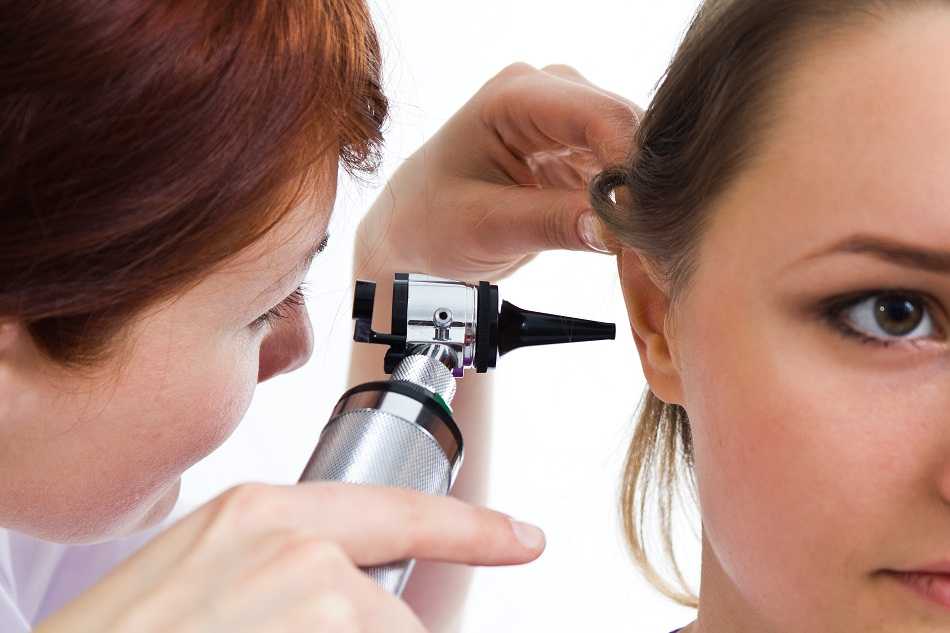
Medical malpractice cases result from different situations and take place at different healthcare institutions. However, not every incident of death or deteriorating health condition makes a viable medical malpractice case. This blog is intended to make you familiar with a few scenarios suitable for filing a medical malpractice case and others that are not.
When you have a medical malpractice case
Negligence
In medical jargon, negligence refers to failure in providing standard care to a patient, which a similarly skilled and experienced doctor would have provided in similar situations.
No one is perfect in this world and the same holds true for an expert doctor as well. However, medical malpractice laws are not about lack of perfection but lack of approved standard of care. Any failure in delivering the standard medical care may lead to a case of malpractice. A crucial question likely to arise at this point is what level of care will be considered standard medical care.
To establish the medical malpractice case against the alleged professional, it is important to prove that the person deviated from the approved standard. Both parties will take help of medical experts to strengthen their arguments.
Recklessness
Though a rarity in medical malpractice cases, some incidents exemplify that what a medical professional did is a reckless action or inaction. For instance, if a doctor performs surgery while still being under the influence of alcohol or drugs, a medical malpractice case is likely to arise due to the doctor’s recklessness.
Another possible case of recklessness is if a doctor is charged with administering potentially fatal medicines to a patient, which is in clear breach of accepted medical practices. In such cases, recklessness is likely to be considered an act of negligence in its extreme form because the doctor’s action is below the accepted standard in the medical field and it may put the patient’s life in serious risks.
When it is unlikely to be a medical malpractice case
Patient’s condition deteriorating
A patient’s condition may get worse during the course of treatment and the attending doctor will not be held responsible in such cases. Sometimes, a doctor may not always be able to save a patient’s life despite his best effort. Even if a certain disease is curable, the patient may not respond to the treatment.
If the doctor is taking reasonable care of the patient and choosing the right course of action to treat the person, it will not be considered a medical malpractice case even if the patient dies or his/her condition worsens.
Untreatable Conditions
Not all diseases are curable. In such cases, a doctor who has correctly diagnosed the disease and made a good decision about how to proceed with the next course of action, will not be held liable for committing any medical malpractice as the patient’s condition is not curable.
Challenging Cases
Some cases are so complicated that it is less likely for you to figure out whether a particular case involves medical malpractices or not. It is better to consult with a medical malpractice attorney in Miami to discuss about your case and make sure whether you can file a lawsuit.


